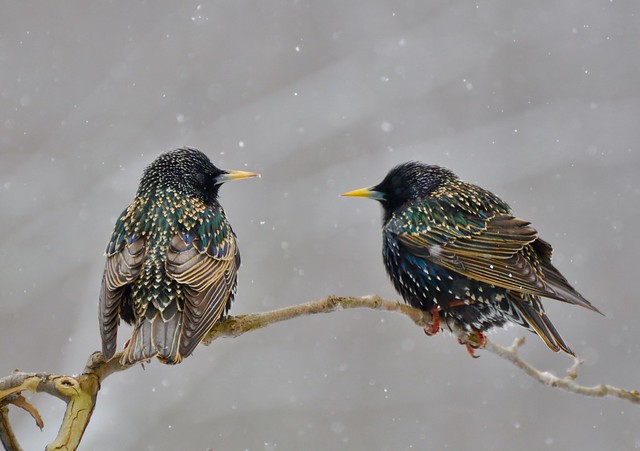Words for hawk / falcon in Celtic languages.
| Old Irish (Goídelc) |
sebac [ˈsʲevak] = hawk |
| Irish (Gaeilge) |
seabhac [ʃəuk] = hawk; warrior
seabhac gorm/seilge = peregrine falcon
seabhac buí/gaoithe = kestrel, windhover
seabhac mara = sea-hawk, skua |
| Scottish Gaelic (Gàidhlig) |
seabhag [ʃo.ag] = falcon, especially peregrine falcon
seabhag na seilge / seabhag-ghorm / seabhag-shealgair = peregrine falcon (falco peregrinus)
seabhag-ghorm an fhraoich / seabhag-bheag ghlas = merlin (falco columbarius)
seabhac mara = sea-hawk, skua
seabhag nan uiseag = hobby (falco subbuteo) |
| Manx (Gaelg) |
shawk = hawk, falcon
shawk eeastee = osprey
shawk ny sperriu = goshawk
shawk sperriu = sparrow hawk
shirragh = buzzard, falcon, seeker, bird of prey, kite
shirragh ny bogleeyn = marsh harrier
shirragh ny giark = hen harrier
shirragh ny ree = peregrine falcon |
| Welsh (Cymraeg) |
hebog = hawk, lanner falcon; noble chieftian, brave fighter, hero
hebog chwyldro = gerfalcon
hebog yr ehedydd = hobby
hebog (g)las = hen harrier
hebog y weru = marsh harrier
hebog tramor = peregrine falcon
gwlach = hawk, falcon; fine soldier, brave fighter, nobleman, hero; wily knave, rascal, rogue, wag
gwalch bach = merlin
gwalch banred = sparrow-hawk
gwalch glas = peregrine falcon
gwalch gweilgi = osprey |
| Cornish (Kernewek) |
hok = hawk |
| Breton (Brezhoneg) |
gwalc’h = falcon, hawk, sea bream |
Etymology: from the Old English heafoc/hafoc (hawk), from Proto-Germanic *habukaz (hawk). The English word hawk comes from the same root [source].
The Welsh gwalch and the Breton gwalc’h come from the Old English wealh-hafoc / *wealc-hafoc (foreign hawk) [source]
| Old Irish (Goídelc) |
faucon = falcon |
| Irish (Gaeilge) |
fabhcún = falcon |
| Scottish Gaelic (Gàidhlig) |
faolchon = falcon |
| Welsh (Cymraeg) |
ffaw(l)cwn = falcon |
| Cornish (Kernewek) |
falghun = falcon |
| Breton (Brezhoneg) |
falc’hun = falcon, hawk |
Etymology: from the Old French faucon (falcon), from Latin Latin falcō (falcon). The English word falcon comes from the same root [source].
Words marked with a * are reconstructions.
Notes
A falcon is a bird of prey of the genus falco. Kestrels, hobbys, merlins and peregrine falcons are all in this genus.

A hawk is a bird of prey of the genus accipitridae. These include buzzards, kites, harriers, eagles, goshawks and sparrowhawks.

Sources: Wiktionary, Am Faclair Beag, MacBain’s Dictionary, In Dúil Bélrai English – Old-Irish Glossary, teanglann.ie, On-Line Manx Dictionary, Geiriadur Prifysgol Cymru, Gerlyver Kernewek, Dictionnaire Favereau






